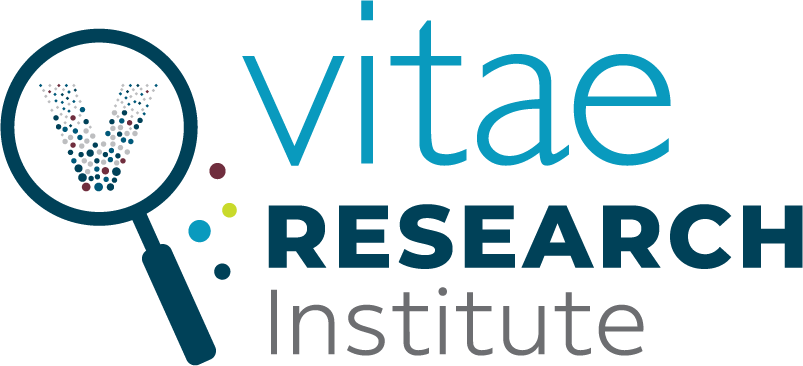Abortion Tourism is on the Rise

Tourism is defined by Webster’s Dictionary as “the practice of traveling for recreation.” When someone talks about tourism, we might think of gathering up the family into a van and traveling to white sandy beaches for a week of rest and relaxation. If that’s what women are expecting, they are in for a surprise.
Abortion tourism is the act of traveling out of your home state in order to obtain an abortion. What women aren’t being told is to expect physical, emotional, and spiritual trauma which could (and likely will) last a lifetime.
Sadly, this isn’t a new thing. In 1970, prior to Roe v. Wade, New York legalized abortion. Although it was the second state to do so, it was the first to allow non-residents to have abortions in their state. After just one year with this new law, 84 percent¹ of all known abortions obtained outside a woman’s state of residence were performed in New York, effectively confirming New York as the national destination for abortion.
Unfortunately, with the overturn of Roe, abortion tourism is rearing its ugly head once again, this time with a vengeance.
In New York today, organizations are supporting abortion by providing free transportation, lodging, meal assistance, childcare, and more to entice women to travel across state lines to enter the grip of the abortion industry and surrender their preborn child.
Additionally, after Roe’s reversal, businesses began to cover travel expenses for employees who wanted abortions. The first were Starbucks, Tesla, Microsoft, Airbnb, Netflix, JPMorgan, Chase, Amazon, DoorDash, and PayPal. Within the same week Walt Disney Company, Meta, Dick’s Sporting Goods, and Johnson & Johnson joined the others.
In Colorado, a pro-abortion non-profit offers financial assistance and even goes as far as to say, “Whatever your reason is for getting an abortion, it’s the right one and we’re here to help.”
It’s tough to understand psychologically how our culture can freely accept these sorts of practices and use language that glamorizes such a horrific act. Vitae’s research helps us understand the psychological dynamics that play into abortion decisions.
In our first Right Brain Research study, Abortion—The Least of Three Evils, we learned that women undergo abortion in order to preserve their sense of self. Abortion represents the death of the fetus and parenthood represents the death of self. Women perceive the choice of abortion as the least of three evils (abortion, adoption, keeping the child) because it prevents the unwanted pregnancy from leading to the death of self and is perceived to deliver the greatest freedom.
Pregnant women perceive unwanted pregnancy as a threat to who they understand themselves to be. They attempt to avoid this “death” of their familiar selves as a way to preserve their sense of who they are now and who they will become.
The respondents in this study believed that the evil aspects of an abortion – killing the preborn – is an evil that is perceived to be conquerable with the passage of time. They believe it is an evil that is mitigated by the feeling that they did not intend for the pregnancy or for its resulting termination to happen. Regardless of impending consequence, women are willing to defer (and deny) the consequences of an abortion until after the immediate problem (unexpected pregnancy) is solved.
Our seventh Right Brain Research study, Saving Grace, helped us understand the brand promise abortion facilities deliver, which is another contributing factor to why women choose abortion.
Planned Parenthood, for example, is a strong and resilient brand that provides a confidential, judgement-free zone that reinforces the decision to abort. They market themselves as a “safe haven” for those looking to make their pregnancy disappear quickly through the path of least resistance, absolving themselves of any guilt or damage to their futures.
Many pregnant women seek out Planned Parenthood instead of other abortion facilities with the intent to gain acceptance and permission to abort. Pregnant mothers want someone to guide them away from feelings of guilt and judgment into a world of acceptance, so they can regain control of the situation. This emotional permission protects the mother from being severely affected by her emotions.
As a culture, we must work together to help women accept the newest version of themselves, as mothers. We can reassure her that her sense of self will not disappear with motherhood, it will just take on a new and exciting form. Let’s hold her up and support her as she faces this vulnerable time in her life.
Vitae Foundation facilitates research about life issues and applies the findings to create messaging strategies to share with others so together, we can build a future where abortion is unthinkable.
¹ “Back to the Future? Abortion Before & After Roe.” National Bureau of Economic Research. August, 2012. https://doi.org/10.3386/w18338.
